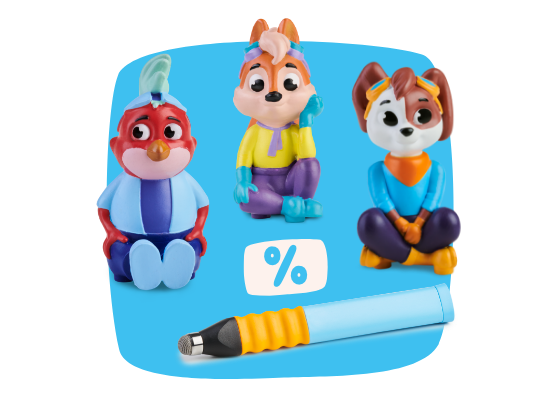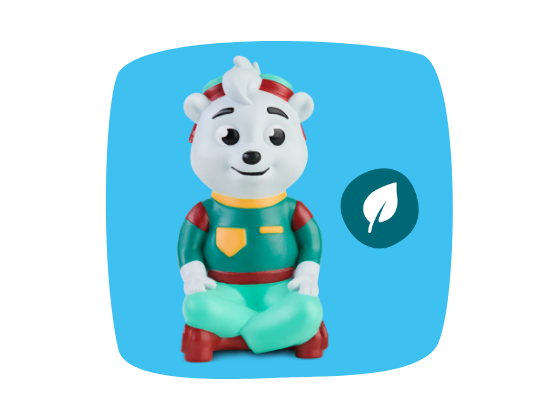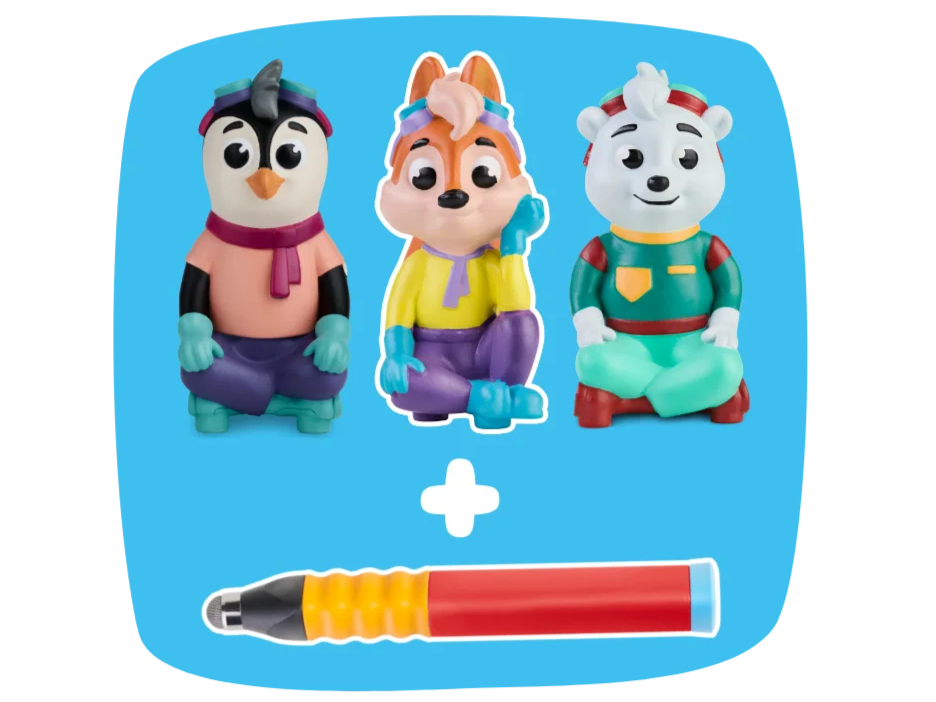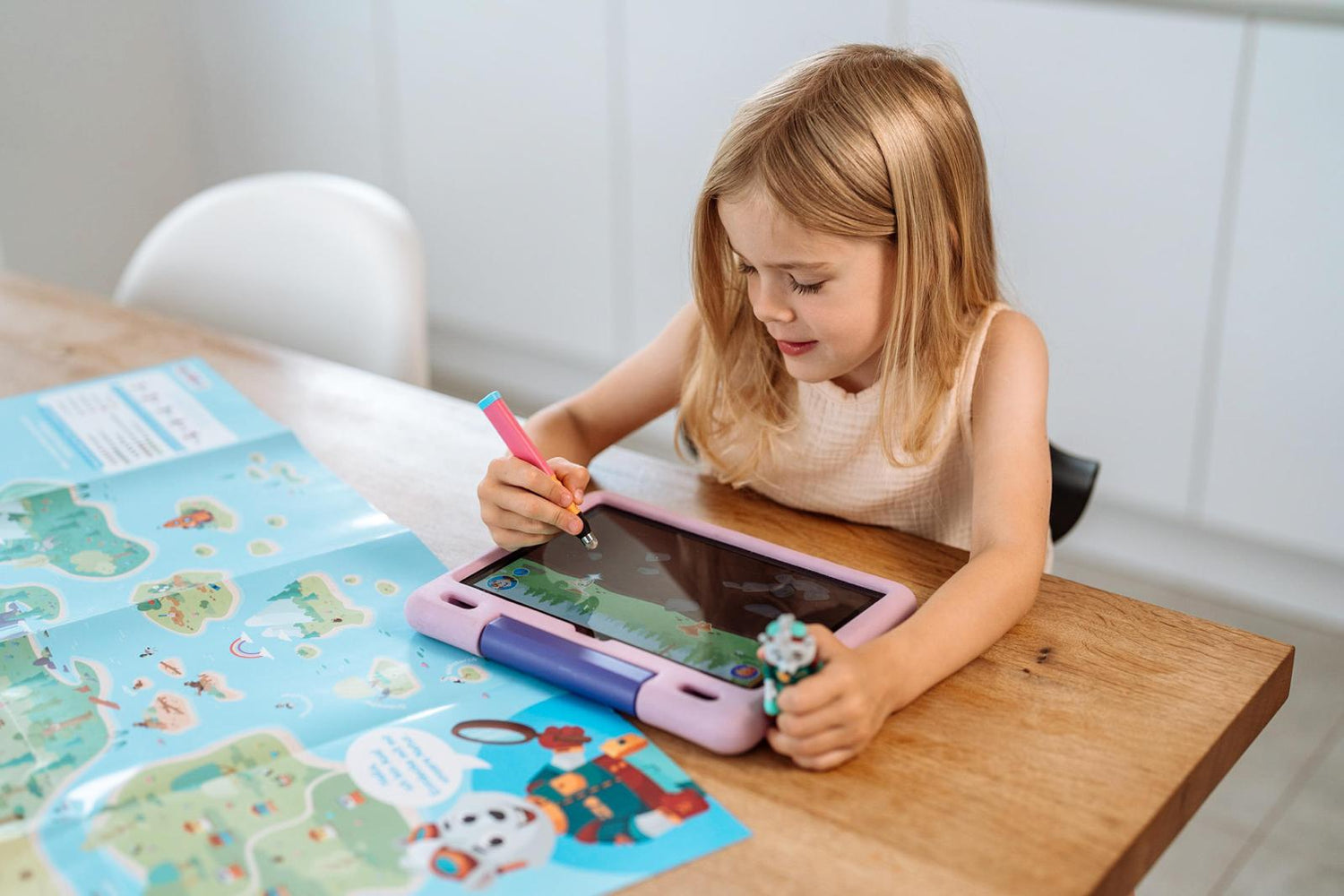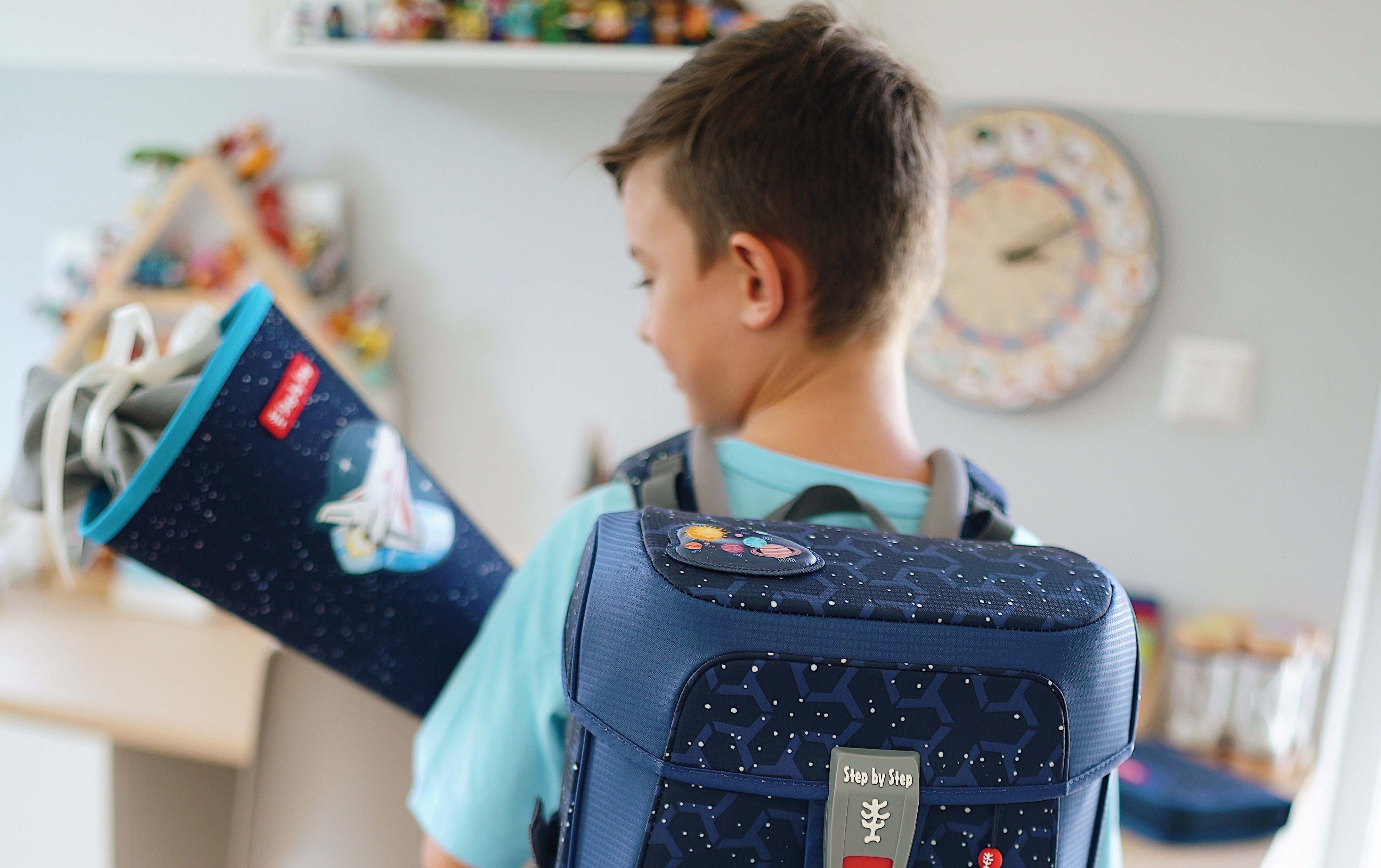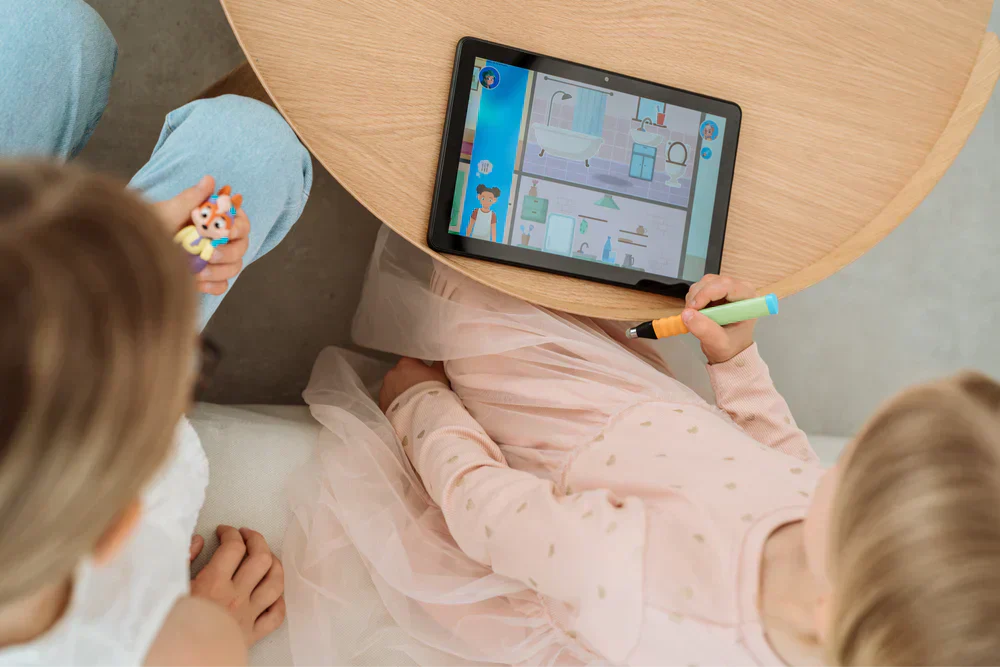Nature experiences have been proven to strengthen children's development – motor skills, emotional skills, and social skills. That's why it's so important to actively foster a connection to nature from an early age.
Connectivity to nature: importance for children
Being connected to nature means more than just walking barefoot in the grass, although that's a good start. It's about an understanding of ecological relationships, mindfulness of the environment, and the feeling that I'm a part of it. A close emotional connection with nature and positive feelings associated with experiences in nature have been proven to promote human health and well-being.
Children who experience nature early on often develop a stronger environmental awareness – this is confirmed by many studies in nature education. Such experiences sharpen perception, strengthen social relationships with other living beings, and support emotional development.
Nature experiences with children: Why it is so important
Children discover nature with all their senses. They climb, touch, listen, and observe. These experiences:
-
promote motor and cognitive skills
-
strengthen the immune system
-
increase concentration & self-efficacy
-
awaken curiosity and joy of discovery
A trip to the forest can be just as educational as a targeted learning game on a tablet. Moreover, not every child has a forest on their doorstep or the opportunity to romp around in a large garden. Digital learning games can still impart knowledge in a playful way.
The role of adults: role models and companions in nature
Adults play a central role in introducing children to nature and fostering a genuine connection with the environment. As parents or carers, you are not only role models but also important supporters on your children's journey toward a greater connection to nature. By taking a walk in the woods with your children or having a picnic in the meadow, you demonstrate how valuable and exciting nature is as a part of our lives.
It's often the small, shared activities that leave a lasting impression: marveling at a particularly beautiful tree, listening to the sounds in the forest, or discovering animal tracks in a meadow. When adults share their enthusiasm for nature and encourage children to have their own experiences, a strong bond develops – not only with nature, but also with each other. This allows children to develop their abilities, discover their interests, and learn to appreciate nature as a part of their lives that is worth protecting. Parents and other adults are important companions, paving the way into nature with patience, curiosity, and openness.
Nature and screen time – do they go together?
Yes! Digital learning games from EDURINO complement experiences in nature rather than replace them. For example, children learn how to recognize quantities with the character Robin – outside in the garden, they count stones, chestnuts, or ladybugs.
Example combination:
-
Morning: Walk with "What can I find in nature?" game
-
Afternoon: Learn the letters for the word "tree" with Mika in the EDURINO app
This makes learning situational, relevant and holistic.
Tips for parents: Promoting a connection to nature in everyday life
There are many ways you can combine analog and digital learning. Here are some practical ideas that will help children experience and understand nature through play:
1. Shared nature experiences: Discovering the forest as a place of learning
Forests, parks, and beaches are places full of mystery, adventure, and learning opportunities for children. Forests, in particular, invite children to playfully discover, explore, and experience nature with all their senses. Whether touching tree bark, listening to birdsong, or observing animals—such experiences not only strengthen perception but also foster an understanding of ecological connections.
When you regularly spend time outside with your child, you gain more than just exercise in the fresh air: you create space for mindfulness, environmental awareness, and social interaction. Children develop a sense of the diversity and significance of nature while collecting leaves, exploring trails, or exploring with others. Adults can support these experiences by asking questions, providing inspiration, and enjoying these little wonders together with their child.
In this way, the forest – or any other natural environment – becomes a living classroom where children not only learn but also develop a genuine enthusiasm for nature.
2. Garden projects for children
A small bed, a window box, or a flowerpot is enough: Let your child sow, water, and care for their own plants. Through play, they'll learn how plants grow and why sunlight, water, and patience are important. Gardening not only promotes fine motor skills but also fosters a sense of responsibility and environmental awareness.
3. Nature art & craft ideas
Collect natural materials like leaves, stones, or pine cones together and create collages, figures, or seasonal decorations. These nature games for children encourage creativity and allow children to experience nature actively and imaginatively.
4. Nature books & child-friendly documentaries
Read age-appropriate books about animals, plants, and natural phenomena together, or watch relevant nature films. Discuss what you've seen together, ask questions, and discover which animal or landscape particularly fascinates your child. This will foster natural interest and lasting knowledge.
5. Digital supplement through EDURINO
After an exciting day outdoors, your child can deepen their experience of nature with the character Asa in the EDURINO app. The "Our Nature" learning world is designed specifically for children ages 4 and up and combines knowledge transfer with child-friendly fun.
With Asa your child will learn:
-
how different habitats function – from meadows to forests
-
why environmental protection is important and what everyone can contribute
-
which animals and plants are typical for certain regions
-
how cycles work in nature, e.g., growth, water, seasons
This content is conveyed through short stories, interactive activities, and loving illustrations. The focus is not only on learning, but also on wonder, discovery, and understanding – in the spirit of nature education for children.
Asa perfectly complements real-life nature experiences: Perhaps you observed a ladybug together? Your child can learn more about its habitat and other insects in the app. Or you collected trash in the park – Asa playfully explains why environmental protection is so important.
👉Discover Asa's world of nature now
Support your child in developing a deeper connection to nature – with EDURINO's new learning world "Our Nature" as a companion on this exciting journey. Have fun on your adventures with Asa and outdoors!
